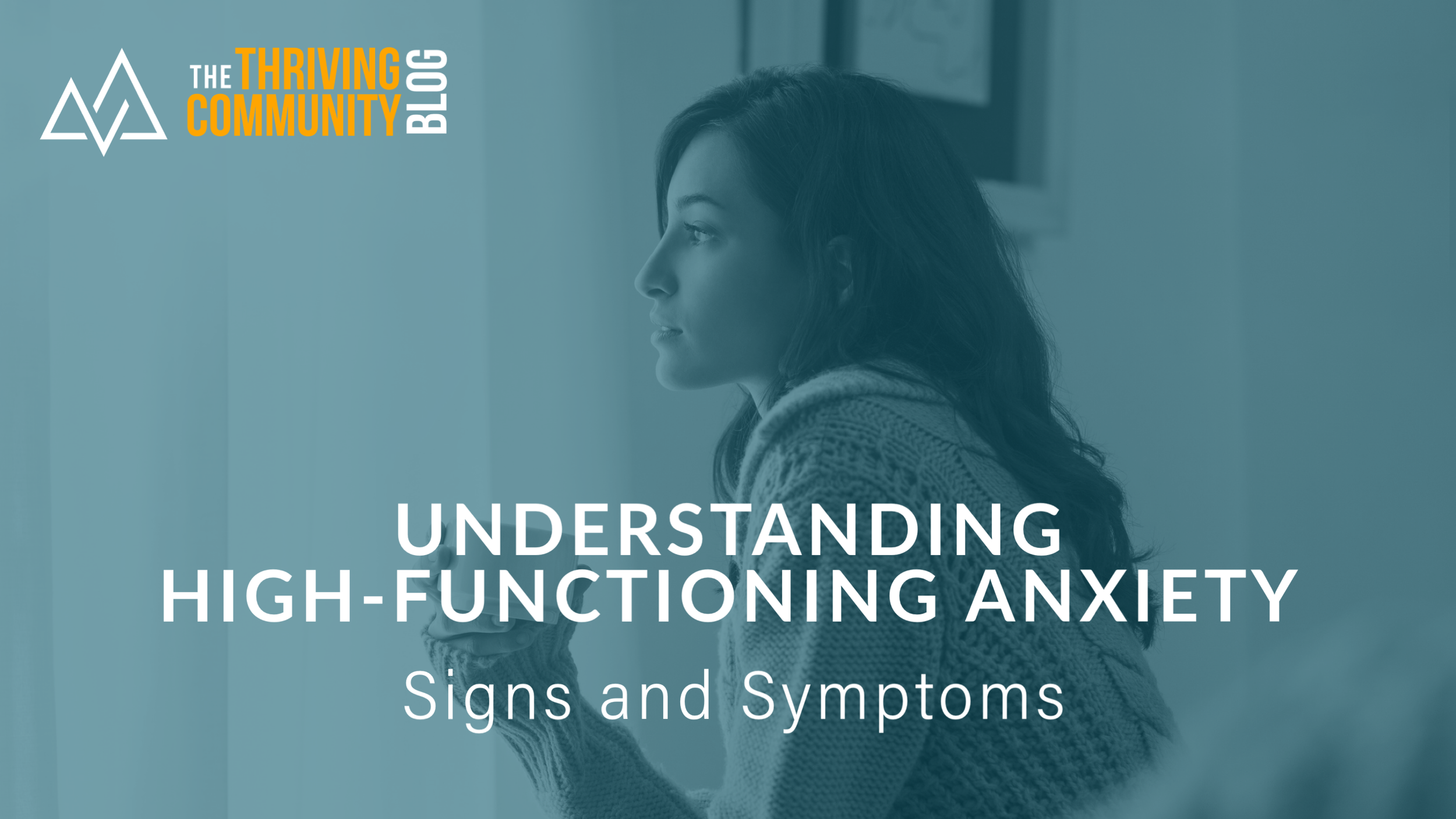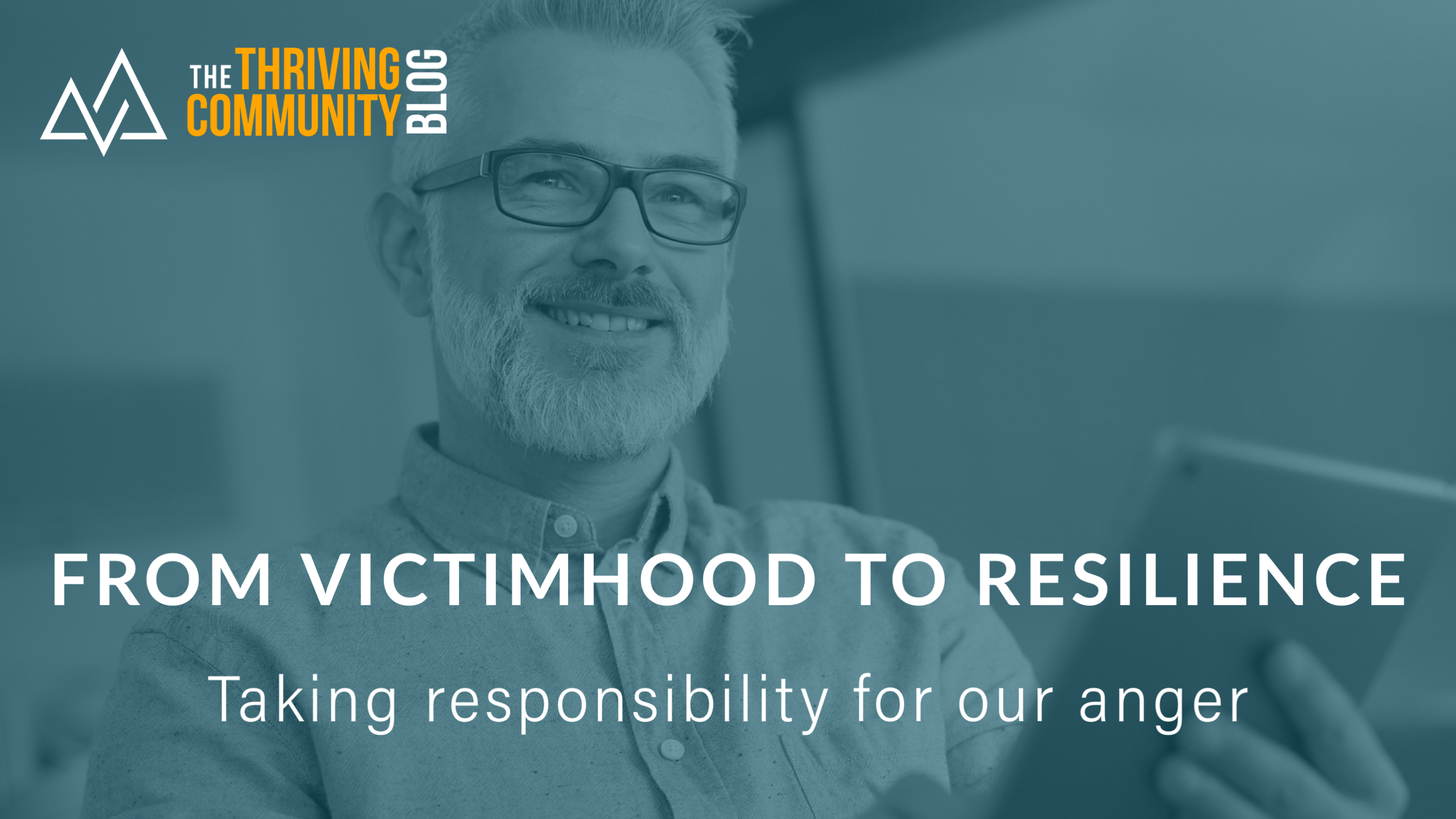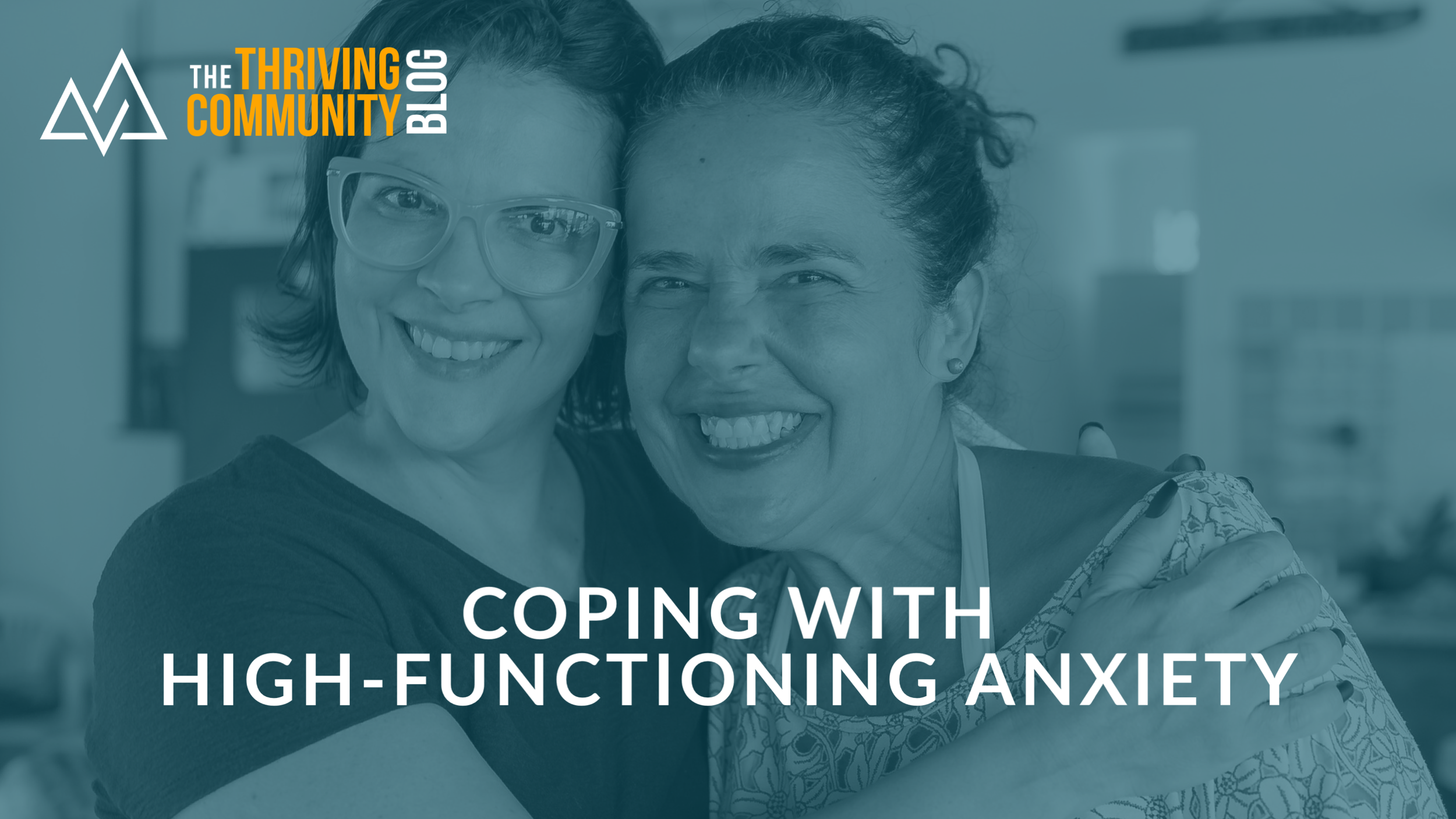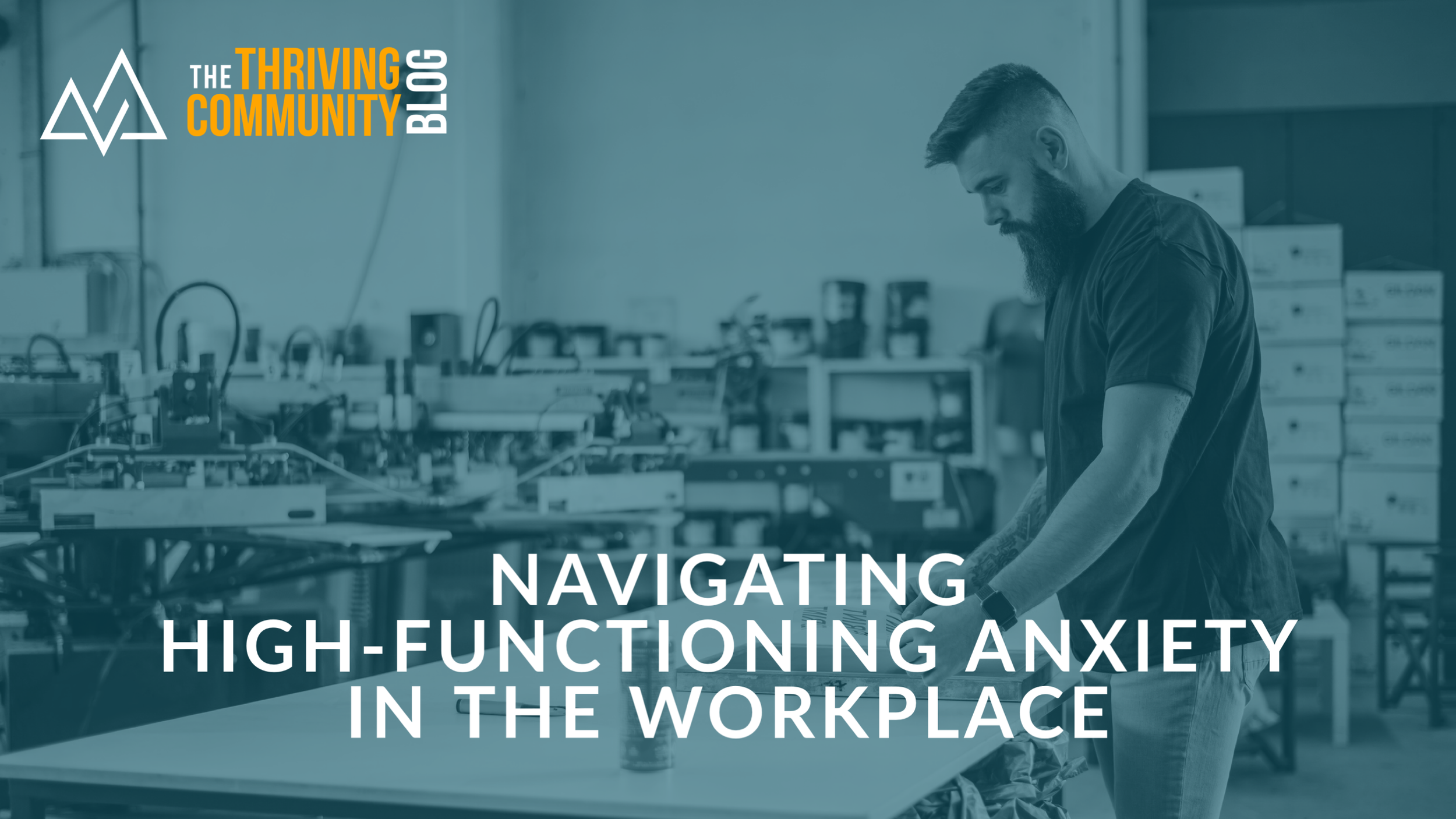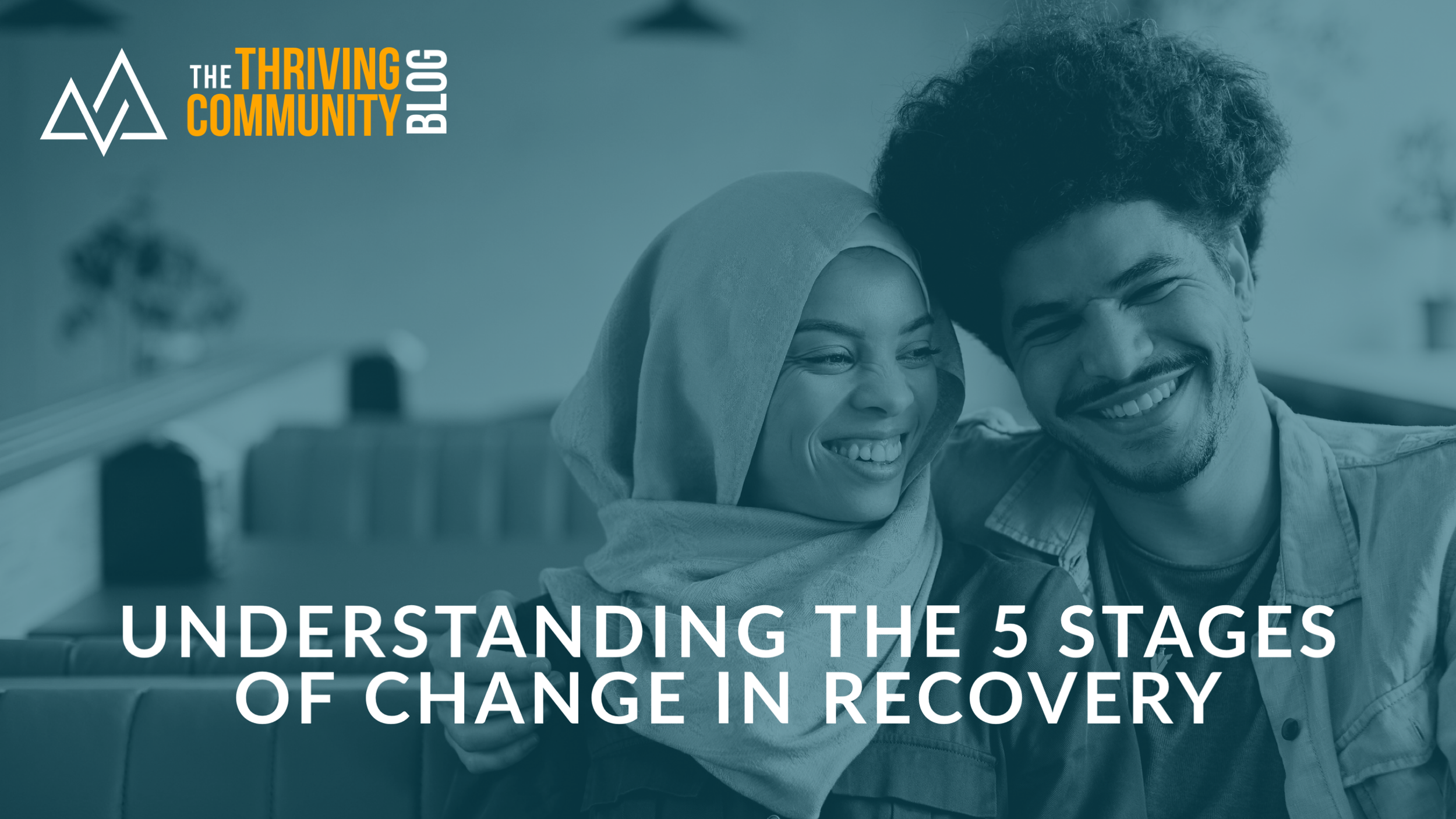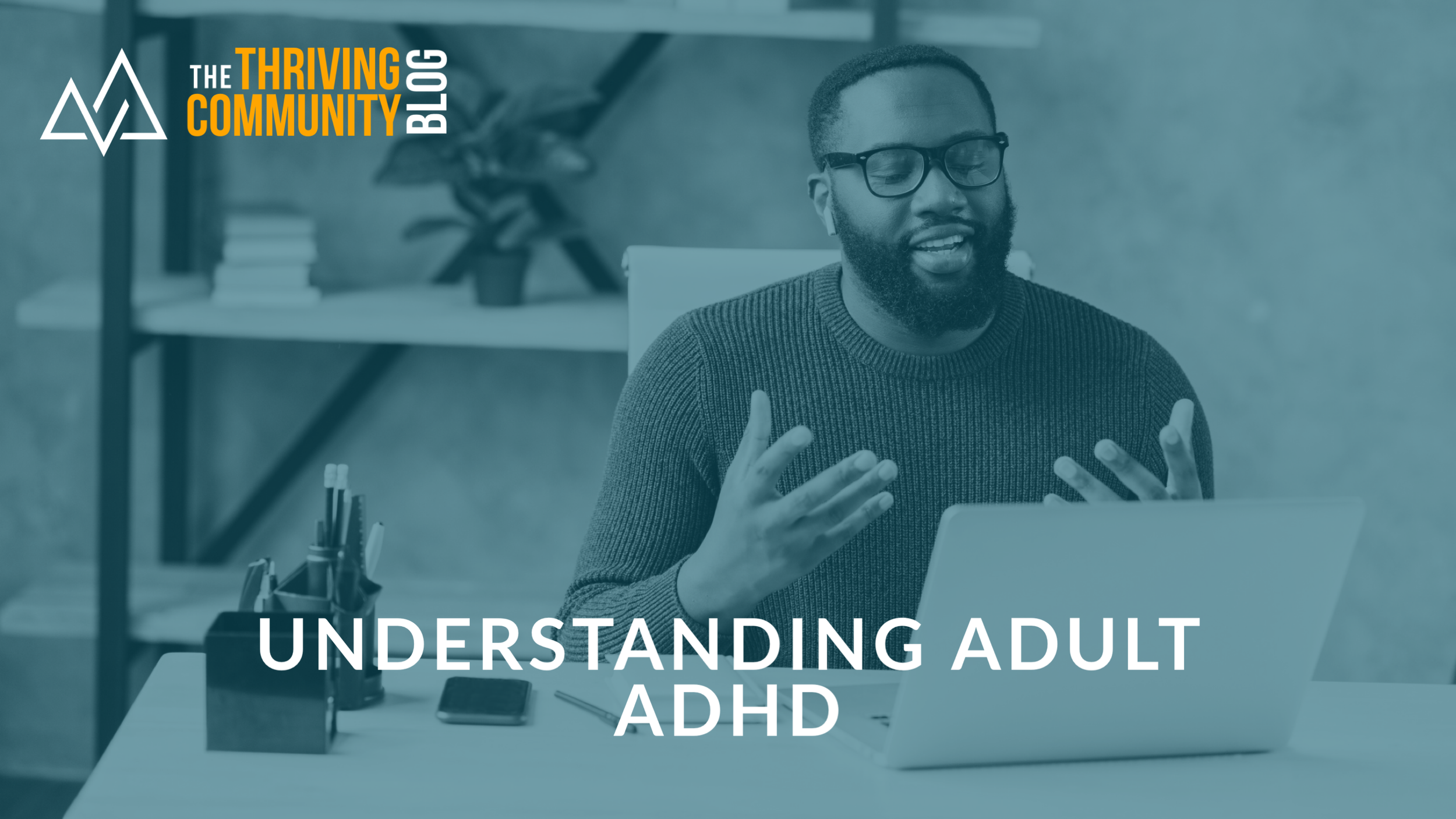
the Thriving Community
Understanding High-Functioning Anxiety: Signs and Symptoms
Anxiety is a normal and expected part of life. It is a natural stress response and can help us stay alert and focused. However, when anxiety becomes excessive and interferes with daily activities, it can be a problem. High-functioning anxiety is a term that describes when people feel anxious but are still able to function in their daily lives. This type of anxiety is not an official diagnosis, but it can still be distressing and impact quality of life. Here are some signs and symptoms of high-functioning anxiety to watch out for.
Overcoming Passivity: Tips for Taking Control of Your Life
Do you often feel like life happens to you without much control over the outcome? Do you struggle to assert yourself in social and professional situations, often finding it difficult to communicate your opinions or needs? If so, you may have a passive mindset holding you back from reaching your full potential.
Optimizing Your Performance: Managing Stress and Finding Eustress
When most of us think of stress, we think of distress, which is the bad kind of stress that we all try to avoid. However, did you know that there is also a good kind of stress called eustress? Unlike distress, eustress can be beneficial to our overall well-being and can even enhance our performance in certain situations.
From Victimhood to Resilience: Taking Responsibility for Our Anger
Anger is a natural emotion that we all experience at some point. It can respond to various situations, such as frustration, disappointment, or perceived injustice. However, while anger is normal, how we manage and express, it can have significant consequences for our relationships and overall well-being. People often deal with their anger by blaming others for how they manage it. This approach can ultimately interfere with experiencing true self-worth and genuine empowerment.
Coping with High-Functioning Anxiety
High-functioning anxiety is when individuals experience anxiety symptoms but can still perform their daily activities. The external facade can often mask internal distress, leading to emotional turmoil. While cognitive-behavioral therapy and medication can help manage the condition, practicing good self-care can also significantly impact anxiety symptoms. Here are some self-care tips for managing high-functioning anxiety.
Unmasking the Nice Guy Syndrome: Breaking Free from the Approval Trap
The Nice Guy Syndrome is a term coined by Dr. Robert Glover, and it refers to a set of characteristics and behaviors exhibited by individuals who believe that being "nice" is the key to receiving love, having their needs met, and living a problem-free life. However, this life strategy often fails to deliver the desired outcomes, leading Nice Guys to try even harder, often to no avail. In this blog post, we'll explore some common characteristics of the Nice Guy Syndrome.
Navigating High-Functioning Anxiety in the Workplace
In today's fast-paced work environment, anxiety has become a common issue that affects many employees. High-functioning anxiety is an anxiety disorder that often goes unrecognized because it doesn't significantly impair an individual's ability to function. However, it can still significantly impact an employee's work performance, job satisfaction, and overall well-being. In this blog post, we'll explore how high-functioning anxiety manifests at work and how employers can support employees with this condition.
Unmasking the Nice Guy Syndrome: Unpacking the Harmful Beliefs & Behaviors
At first glance, "Nice Guy" may seem like a positive descriptor for men who exhibit polite behavior toward others. However, the reality is that the Nice Guy Syndrome represents a deeply ingrained belief system that can lead to problematic behaviors and toxic relationships. In this blog, we'll explore the harmful beliefs and behaviors associated with the Nice Guy Syndrome and their impact on individuals and relationships.
Busting the Myths about Recovery
Recovery is a process that takes time, effort, and patience. It involves a series of stages that individuals go through as they overcome addiction and work towards a healthier life. However, several myths and misconceptions can create obstacles as people progress through the stages of change in addiction. In this blog, we will discuss some of the most common myths about the five stages of recovery.
Redefining Masculinity: Embracing Healthy and Inclusive Perspectives
Masculinity, a concept deeply ingrained in our society, has undergone significant scrutiny and reevaluation in recent years. As we strive for a more inclusive and equal world, it is crucial to challenge and redefine the traditional understanding of masculinity. In this blog, we will explore the multifaceted nature of masculinity, shed light on this social construct, and highlight the importance of embracing healthy and inclusive perspectives.
Understanding Addiction & the 5 Stages of Change in Recovery
Welcome aboard this essential guide, crafted to empower you in supporting your loved ones as they navigate the intricate path of overcoming substance dependence. Brace yourself for an in-depth exploration into the complex layers of addiction – a journey that demands not just sympathy but informed action. We're not here to sugarcoat the challenges; we're here to equip you with practical strategies, shedding light on the often misunderstood complexities of addiction. Whether you're a concerned friend, a family member witnessing the struggle, or a caregiver shouldering the responsibility, consider this your go-to toolkit. This isn't a passive read; it's an active engagement with the knowledge and tools you need to confront the challenges head-on. Picture this as your compass through uncharted territories, a navigation system powered by empathy, understanding, and resilience. So, let's dive deep into the intricacies of substance dependence and unearth the ways we can actively contribute to positive transformations in the lives of those facing this formidable challenge. Get informed, inspired, and equipped to make a real difference.
Work-Life Integration: A New Approach to Achieving Happiness and Productivity
You've probably heard about work-life balance, right? It's been the buzzword in offices and boardrooms for years. But guess what? There's a new kid on the block, and it's called work-life integration. Work-life integration is the real deal, and it's time to ditch the outdated notion of work-life balance. But what exactly does it mean? Allow me to break it down for you in plain, simple terms.
Gaslighting: The Slow Burn of Psychological Abuse
Gaslighting might seem like a confusing buzzword thrown around these days, but trust me, it's more than just a trendy term. By the time we're done here, you'll have a rock-solid grasp of what gaslighting truly entails and why it's crucial to spot it, particularly within your family dynamics. So, prepare yourselves for a deep dive into the intricate and often murky waters of gaslighting – because knowledge truly is power, especially when safeguarding your mental and emotional well-being within your closest relationships.
Trauma Bonding: Understanding Emotional Attachment to Toxic Relationships
Have you ever found yourself unable to leave a relationship even though you know it's toxic? You may be trauma-bonded to the person, meaning you have developed an emotional attachment to someone who abuses you. This bond can occur in relationships with a partner, parent, sibling, or friend.
Understanding Adult ADHD
Attention deficit/hyperactivity disorder (ADHD) is a well-known condition commonly associated with difficulties in impulse control, hyperactivity, and a reduced ability to concentrate for extended periods. While it is often believed that ADHD is an issue that only affects children and young adults, growing research suggests that ADHD does not disappear with age. It is estimated that symptoms persist into adulthood for as many as 60% of those diagnosed with the disorder during childhood.
ADHD in the Workplace
One of the most critical areas for accommodation is executive functioning abilities. Executive functions are a set of cognitive skills that include prioritizing, organizing, strategizing, maintaining focus, and working memory, all of which are essential for tasks that require sustained mental effort. The executive functioning symptoms of ADHD can include difficulty planning and prioritizing tasks, struggles with motivation and initiating tasks, poor organizational skills, difficulty completing tasks from start to finish, and poor attention to detail.
From "Nice Guy" to Genuine Kindness: Tips for Overcoming Nice Guy Syndrome
Being kind and considerate is a desirable trait often admired and respected. Helping others, being pleasant, and practicing generosity can make us feel good about ourselves and positively impact those around us. However, if we start to expect something in return for our kindness and feel disappointed or resentful when it doesn't happen, we may be dealing with what is commonly referred to as "nice guy syndrome" (NGS).
True Self-Care: Why It Matters and How to Find Yours
Self-care has become a buzzword recently, but what does it mean? Many of us associate self-care with bubble baths, massages, and indulging in our favorite treats. While these activities can be enjoyable, they don't always provide the long-lasting benefits we need to refuel and recharge.

